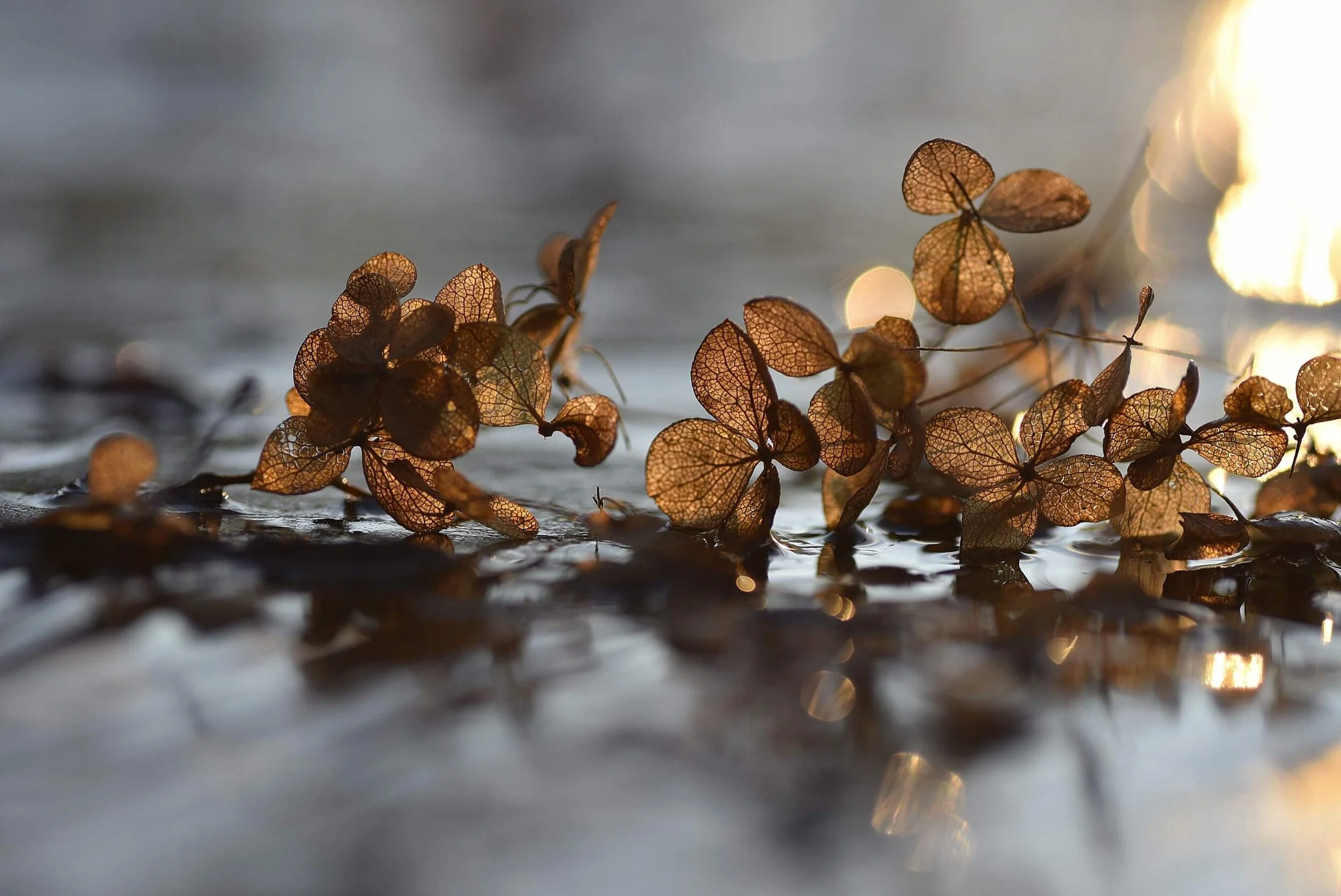I volunteer each Monday in prison, teaching mindfulness and meditation. The work is heartbreaking, meaningful, and inspiring. I witness suffering and I also see transformation.
Two weeks ago, I shared statements from prisoners: What they want people to know about prison. (For those who missed that post, I include their statements in the comments). You responded—thank you!—and I read your heartfelt words during Monday’s mindfulness class. I asked the inmates to listen and receive. Then I asked them to share how they felt. Here’s a sampling of replies:
“Hearing those words makes me feel good. Makes me realize we’re all the same, we’re human. We’re normal.”
“It’s cool that we can mutually inspire each other. We’re not separate. Their practice inspires us; our practice inspires them.”
“This makes me realize that we’re a small percentage of the prison population—those of us who want to change. And that makes me proud of my effort. It would be a lot easier to just watch TV and yell at people. It’s harder to look inward, feel my emotions, and change. But it’s worth it.”
“People say it’s hard for us prisoners to avoid negativity, but I think it’s just as hard on the outside. When I get out, I must deal with a smartphone, the Internet, and endless drive-thrus. In here, I’m shielded from those things, which allowed me to focus on my meditation practice and internal growth. Coming to prison is what set me free.”
After the last comment, many guys in the circle nodded. One person added: “There’s negativity in here, but it’s something we’re used to—it’s the same as the life we came from. Yet the externals are gone, and we’re stuck with an honest look at ourselves. You either check out or you completely check in, committed to change.”
From the moment I walked into a prison meditation circle, I was inspired by the raw honesty, genuine effort, and overflowing gratitude. It’s like nothing I’ve experienced on the outside.
In his book The Second Mountain, David Brooks astutely notes: “The experience of being imprisoned takes away everything else—material striving, external freedom, busy schedules. For at least a few people, inner experience and spiritual states become all that they have. The realization dawns upon them that these inner states are actually the essential experience in life, and everything else is secondary.”
So many of us are caught in externals: achieving, doing, impressing, consuming, and keeping up with cultural norms to which we don’t even aspire. Brooks’ message is timely. We’re in the holiday season, which is filled with material giving and busy schedules. Yet these aren’t the essential experiences of life. It’s our inner state (what matters most) that calls to us; that asks for our attention and care.
Imagine if all holiday external expectations were removed. What would you do or not do? What choices would you make? How would you live life more true?
Sometimes we create our own prison. Not prison where everything is stripped away (as mentioned by the inmates), but prison where we box ourselves in and limit our choices. During busy, stressful, emotional times, it’s important to remember: We can pause; we have choices; our inner-life matters. A short pause can bring ease. A micro-choice feels empowering. Saying “no” makes room for a wholehearted “yes!”


